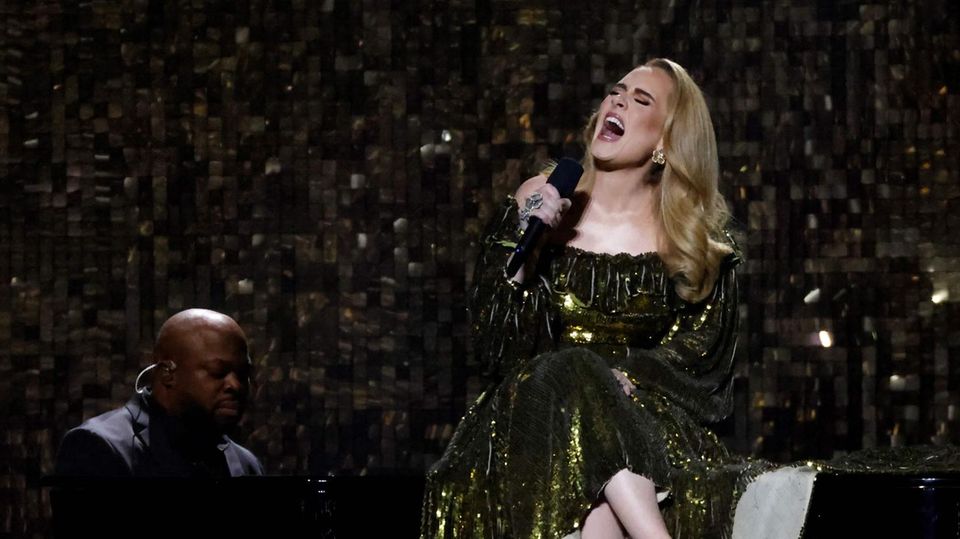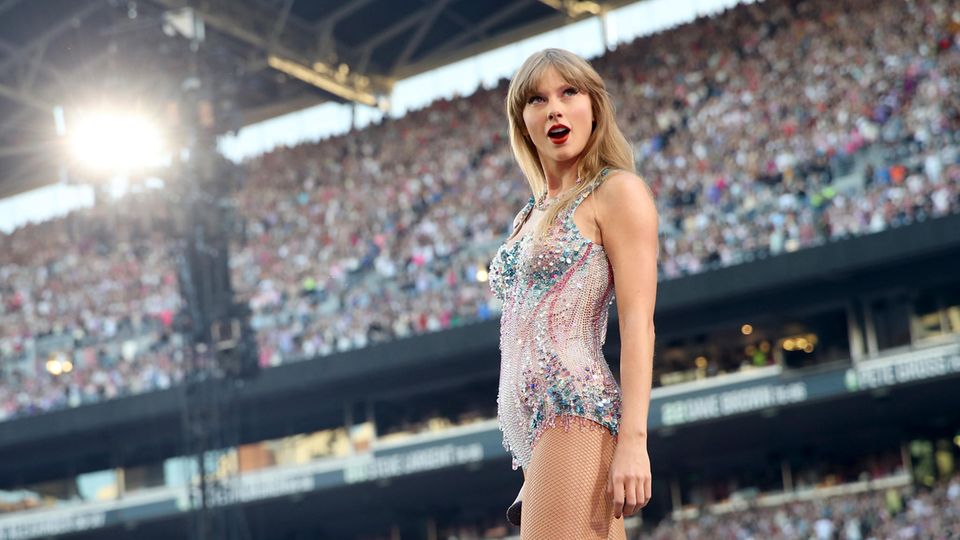analysis
Adele in Munich
Melodies for millions: Why concert ticket prices are reaching ever more absurd heights
Superstar Adele will play ten concerts in Munich in summer 2024
© Joel C Ryan (Invision/AP/dpa)
When Adele announced her appearances in Munich, the cheap seats – starting at 70 euros – were sold out within hours. Anyone who wants to get a place now will pay up to ten times as much. Why are concert tickets so expensive lately?
A weekend by the sea with half board or would you prefer two and a half hours of live music? You now have to weigh up something like this if you want to go to one of the mega concerts that Adele, among others, has announced for this summer in Germany. The prices for tickets are not only reaching pain limits for the British superstar. Since the Corona pandemic at the latest, fans have had to dig deeper and deeper into their pockets for almost all concerts. Many ticket portals now even offer payment in installments. The live experience of your favorite star becomes a real investment.
But how did this come about? When billing superlative concerts like Adele’s, it is almost impossible to break down who earns how much from what – the respective contracts and conditions are too different. But a little arithmetic is enough to show how absurd concert ticket prices are now: around 800,000 paying spectators are expected to attend the ten concerts that Adele will give in Munich this summer. If each ticket cost 100 euros, that would bring total sales of 80 million. One would think that it should be enough to make everyone rich. Why then are prices of up to 722 euros charged?
Two answers:
1. The audience today expects gigantic show spectacles from stars like Adele and Taylor Swift. And they cost millions: Swift travels around the world with 50 trucks full of stage equipment; 1,000 people can work in an arena on an evening.
2. In recent years, the prices for personnel, energy, logistics, accommodation for musicians and hall rent have skyrocketed.
“The industry has had major cost increases in the past two years. And before that we had Corona, when there were no events at all,” says Johannes Everke, managing director of the Federal Association of the Concert and Event Industry (BDKV) in Hamburg. “We feel this clearly, and this is also being felt by ticket buyers. Our costs have risen by a total of 40 percent on average, and ticket prices by around 15 percent.”
Concerts compensate for the losses through streaming
Another factor driving up prices is streaming. Because only superstars really earn money from this, all other musicians rely on earning their living on stage. This has turned an old rule of the music business on its head: While tours used to bring in less money but increased profitable record sales, albums today serve more as advertising for concert tours – where the lost income is then compensated for through ticket prices. And as long as fans are willing to pay almost any amount – tickets often sell for thousands of euros on Ebay – nothing will change.
In this fight there are powerful promoters, ticket sellers and artists who use their size to make as much money as possible. But it also happens that organizers buy tours from megastars for guaranteed millions without making much money later – just because of the reputation.
However, an industry insider asserts that there is a great awareness of not letting the price spiral go too far. BDKV boss Johannes Everke also agrees with this: “We don’t want to undermine ourselves and many of us do it out of love for music, especially the operators of the smaller clubs. We think a lot about how this will play out affects the offspring.”



